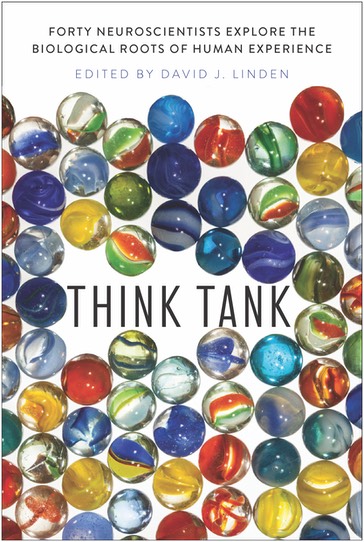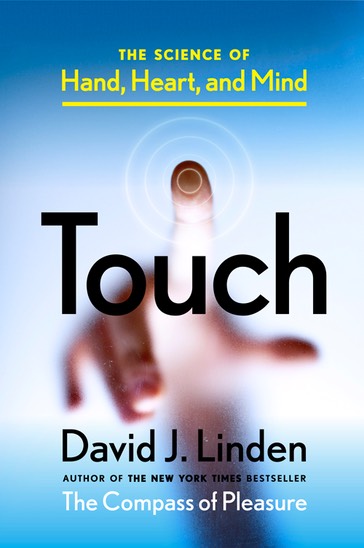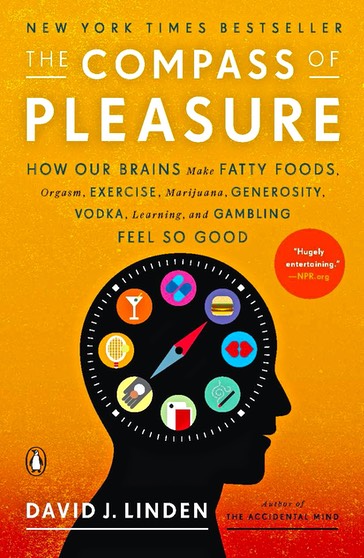In Touch I wrote:
Generally speaking, men report more reliable orgasms than women during both masturbation and partnered sex. This has led to the popular idea that, while women experience a complex blend of sexual sensations from different pelvic areas, the entirety of men’s sexual sensation is unvarying and originates from the penis. This is incorrect. Just as the external clitoris has a special role in women’s orgasm, the penis, particularly the glabrous skin of the glans penis, is the most reliable trigger of men’s orgasm, but other pelvic regions also contribute. After complete removal of the prostate, in the best cases erection, urinary control, and orgasm are spared but ejaculation is eliminated, resulting in dry orgasms.[i] In one recent small survey, all the men who had undergone complete prostatectomy but could still have orgasms reported that they no longer felt the exquisite sensation of inevitability, the “point of no return” leading to orgasm.[ii] Signals from the scrotum, testicles, perineum, anus, and rectum can also contribute to male orgasm and can influence both its timing and qualitative aspects (deep versus surface, throbbing versus flowing).
In response to this, I received this smart, well-thought and encouraging message, from reader RW which I am sharing with his permission.
"David, I am reading your book, Touch. You have commented several times onthe reduced pleasure and sexuality after a prostetectomy, even a nervesparing operation. I have some observations to make:
It is really discouraging, right after the operation. I was 65. Erections occurred immediately following the operation, but, as the nerves continued to die, it was complete impotency. Not only that, but, as you mention, the lack of a prostate gland makes orgasm sort of hollowed out. Ejaculation is asubstantial part of the male experience. For quite a while whenever Iorgasmed, it seemed very flat.
I can see that, for many men, this would be the end of sexuality. Given brain plasticity, learned non-functionality is a reality. After 6 months of non-operation, especially at this age, people can loose everything. I treasure my sexuality and persevered. After 6 months the nerves regrew, starting from the base of the penis until 6 months later, erection extended to the length. Not as firmly as before, but Viagra filled in the gaps. I maintained a regimen of about 2 orgasms a week over that year.
To my utter surprise, my brain also rewired. The part of the brain, I surmise, which was dedicated to the pleasure of prostate ejaculation was taken over by the adjacent pleasure circuitry of the primary orgasm. I no longer felt the hollow echo of the non-ejaculation. My orgasms became unbelievably intense and lengthened. I even, at one point, orgasmed twice within 5 minutes without a refractory period, something I could not ever do, even as a young man. I think that my orgasms are more like what aretypically called "female."
Now, 10 years on, the brain is getting cranky and harder to start, but still, my wife commented that my orgasms are like no others. I am not faking it.
My recommendation to the recently prostetectomized, just keep at it. Life may offer you a substantial surprise.”
Amen, brother.
[i] While we normally think of erection as being a prerequisite for orgasm, this is not entirely correct. For example, if the pudendal arteries become blocked, erection cannot occur, but stimulation of the penis can still produce orgasm in some cases.
[ii] M. Koeman, M. F. Van Driel, W. C. M. Weijmar Schultz, and H. J. A. Mensink, “Orgasm after radical prostatectomy,” British Journal of Urology 77 (1996): 861–64.



